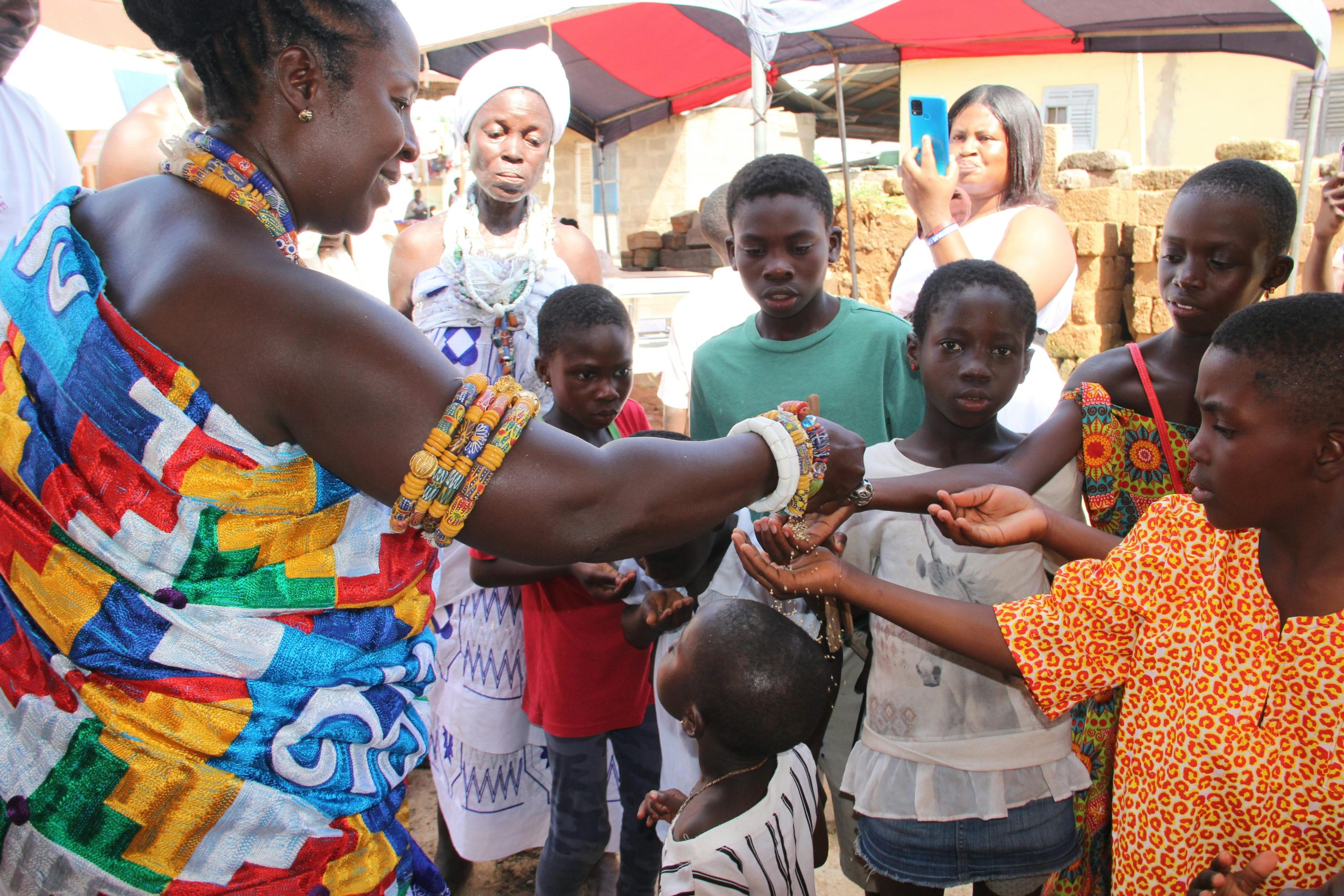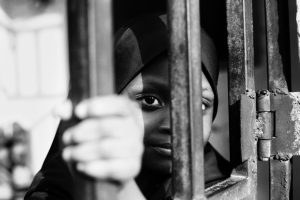Author: Chioma Alaedu
Storytelling and oral traditions have been the lifeline of African culture for centuries, serving as a medium for passing down knowledge, values, history, and beliefs from one generation to the next. In a continent as diverse as Africa, with its multitude of languages, ethnic groups, and cultural practices, these traditions have played a crucial role in uniting communities, preserving identities, and maintaining a sense of continuity through the ages.
The Origins and Evolution of African Oral Traditions
Oral traditions in Africa date back to ancient times, long before the advent of writing systems. In many African societies, history was not recorded in written texts but was transmitted orally through generations. Griots, or traditional storytellers, were the custodians of these histories. They were highly respected members of their communities, revered for their deep knowledge and mastery of the art of storytelling.
Griots used their skills to convey important messages, preserve historical events, and teach moral lessons. Their stories often contained proverbs, songs, and poetry, which added layers of meaning and enriched the narrative. Through their tales, griots helped maintain social cohesion, taught the young about their heritage, and offered guidance on how to navigate the complexities of life.
The Multifaceted Role of Storytelling in African Culture
Storytelling in Africa is not just a form of entertainment; it is a critical tool for education, cultural preservation, and community bonding. The stories often serve multiple purposes:
1. Education and Moral Instruction: African folktales are rich with lessons that teach about right and wrong, courage, honesty, respect, and other important virtues. Characters in these stories, whether human or animal, often face challenges that require them to make moral choices. The outcomes of these stories impart lessons that listeners can apply to their own lives.
2. Historical Preservation: Oral traditions have been essential in preserving the histories of African communities. In the absence of written records, storytelling has kept alive the memories of past events, heroes, and important cultural practices. These stories provide a sense of identity and continuity, linking present-day Africans to their ancestors.
3. Cultural Identity and Continuity: African storytelling often reflects the unique cultural practices, beliefs, and values of different communities. By retelling these stories, each generation renews its connection to its cultural roots, ensuring that these practices are not lost over time. This continuity is especially important in a rapidly changing world where globalization threatens to erode traditional ways of life.
4. Community Bonding and Entertainment: Storytelling sessions are often communal activities, bringing together people of all ages. These gatherings are not only occasions for sharing stories but also for fostering a sense of belonging and community. The shared experience of listening to and discussing stories strengthens social bonds and reinforces a collective identity.
Challenges and the Future of Oral Traditions
Despite their enduring significance, African oral traditions face several challenges in the modern era. The spread of Western education and the increasing dominance of written and digital communication have led to a decline in the practice of oral storytelling. Younger generations, especially in urban areas, are more likely to engage with global media than with the stories of their ancestors.
Additionally, many languages in Africa are endangered, and with them, the oral traditions tied to those languages. When a language dies, the unique cultural knowledge and history embedded in that language’s stories are often lost forever.
However, all is not lost. Efforts are being made to revive and sustain African oral traditions. Cultural festivals, storytelling workshops, and digital platforms are being used to preserve and promote these traditions. For instance, platforms like YouTube, podcasts, and social media are now hosting oral histories and stories, making them accessible to a global audience. These modern adaptations of storytelling allow for the preservation of culture while also engaging with the contemporary world.
Storytelling and oral traditions remain vital to the preservation of African culture. They are not just relics of the past but are dynamic practices that continue to adapt to changing times. By continuing to value and promote these traditions, Africans can maintain a strong connection to their cultural heritage, ensuring that the wisdom of the past continues to inform and enrich the present and future. As the continent evolves, so too will its stories, carrying forward the legacy of its people for generations to come.



